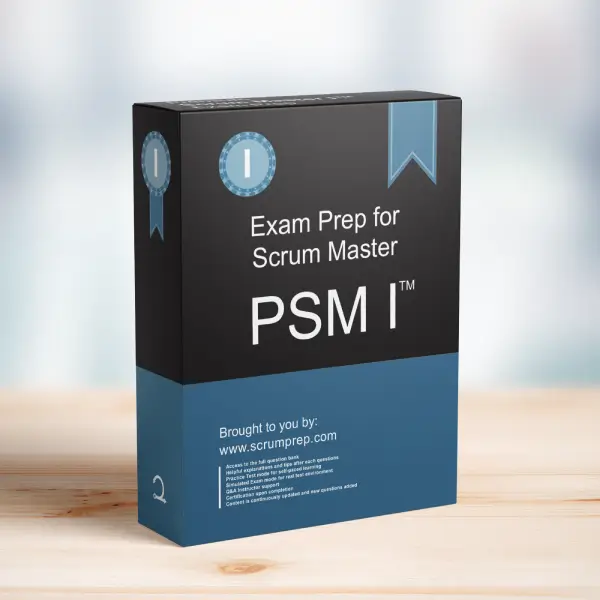Forming Teams for a New Product Development
As a Scrum Master, facilitating the formation of effective Scrum Teams for a new product development project involving 45 people is crucial. The goal is to ensure that each team has the necessary skills and expertise to deliver valuable increments efficiently.
Exam Question
You are the Scrum Master of a new, to be developed product. Development is going to require 45 people. What is a good first question for you to suggest the group thinks about when forming into teams? (choose the best answer)
- A. How will we make sure all teams have the right amount of expertise?
- B. Who are the subject matter experts on each team?
- C. What is the right mixture of senior and junior people on each team?
- D. Who are going to be the team leads?
Correct Answer
A. How will we make sure all teams have the right amount of expertise?
Explanation
Why A is Correct
A. How will we make sure all teams have the right amount of expertise:
Ensuring that all teams have the right expertise is fundamental to forming effective Scrum Teams. Each team must be cross-functional, meaning they have all the skills necessary to deliver a potentially shippable Increment by the end of each Sprint. By focusing on distributing expertise evenly across teams, the Scrum Master ensures that no single team is bottlenecked by a lack of skills, leading to better productivity and collaboration.
Why B, C, and D are Incorrect
B. Who are the subject matter experts on each team: While identifying subject matter experts is important, it should not be the first question. The primary focus should be on ensuring cross-functionality and balanced expertise across teams.
C. What is the right mixture of senior and junior people on each team: The mix of senior and junior members is relevant but secondary to ensuring the necessary skills and expertise are present in each team.
D. Who are going to be the team leads: Scrum Teams are self-managing and do not have traditional team leads. Emphasizing team leads contradicts the Scrum principle of self-management.
Key Points
- Cross-Functionality: Ensure all teams have the skills needed to deliver increments.
- Balanced Expertise: Distribute expertise evenly to avoid bottlenecks and enhance productivity.
Responsibilities in Scrum
- Product Owner: Ensures the Product Backlog is ordered and refined to maximize value and align with the team’s capacity.
- Scrum Master: Facilitates Scrum events, removes impediments, and helps teams adhere to Scrum principles.
- Developers: Plan, manage, and execute all tasks necessary to deliver a potentially shippable Increment, ensuring quality and adherence to the Definition of Done.
Relevance to the PSM I Exam
Understanding how to facilitate the formation of effective Scrum Teams and ensuring balanced expertise is crucial for the PSM I exam. This knowledge emphasizes the importance of cross-functionality and balanced expertise within the Scrum framework.
Conclusion
When forming teams for a new product development involving 45 people, the Scrum Master should guide the group to ensure that all teams have the right amount of expertise. This approach ensures that each team is cross-functional and capable of delivering valuable increments, adhering to Scrum principles.
For comprehensive preparation and practice exams, check out PSM I Exam Prep to enhance your understanding and application of Scrum principles.




